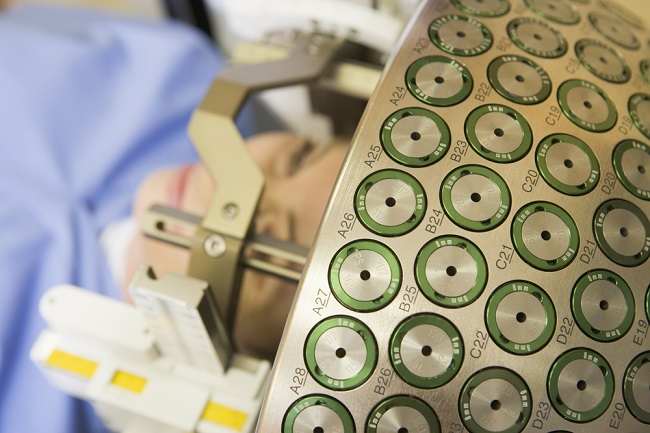Shortness of breath during pregnancy often occurs in the last trimester of pregnancy. Although it is common, pregnant women should not take this complaint lightly. Because shortness of breath during pregnancy can be a sign of a serious condition that requires treatment.
In the third trimester of pregnancy, the body will adapt to meet the increasing demand for oxygen. The growing fetus and the growing uterus will press the diaphragm up, so that it can narrow the chest cavity and compress the lungs.

This condition makes it difficult for pregnant women to breathe and causes shortness of breath during pregnancy, especially in mothers who are carrying twins or have excess amniotic fluid.
In addition, shortness of breath during pregnancy can also be caused by an increase in the hormone progesterone during pregnancy. This hormone stimulates the respiratory center in the brain, thus making pregnant women breathe more slowly.
Is Shortness of Breath During Pregnancy Dangerous?
Shortness of breath during pregnancy generally does not harm the fetus as long as this condition is not accompanied by other dangerous symptoms. However, it is necessary to be careful if pregnant women have a history of certain diseases, such as asthma and flu, which interfere with the airways.
The reason is, the disease can worsen shortness of breath during pregnancy and risk causing complications, such as pneumonia.
Although rare, blood clots that are prone to occur during pregnancy can also be a serious problem, because it can increase the risk of pulmonary embolism. Blood clots that freeze not only harm the mother, but also the unborn baby.
In addition, shortness of breath during pregnancy can also be a symptom of anemia or low levels of iron in the blood. Anemia causes the body to work extra to provide oxygen supply for pregnant women and fetuses.
Meanwhile, be aware of severe shortness of breath during pregnancy that comes suddenly, because it can be a sign of a more serious condition and need to be treated immediately.
Immediately consult a doctor if shortness of breath during pregnancy is accompanied by the following symptoms:
- Irregular heartbeat
- My chest hurts when I take a breath
- Asthma symptoms that are getting worse
- Pale face
- Loss of consciousness or fainting
- Blue mouth or tips of toes and hands
- Dizziness and headache
- Cough that doesn't go away or is accompanied by blood
- Fever
How to relieve breathing during pregnancy
There are several ways that pregnant women can do to relieve breathing if they experience shortness of breath during pregnancy, namely:
- Leave as much room as possible for the lungs to expand. The trick is to straighten your back and pull your shoulders back when standing or sitting.
- Avoid sleeping on your back and try sleeping with your head elevated. You can use an extra pillow to support your head. If it is difficult to sleep due to tightness, try sleeping on your left side because it can increase blood circulation throughout the body.
- Extend your arms over your head until your ribs lift and more air is drawn into your lungs.
- Do light exercise regularly so that breathing becomes easier and longer, especially in the third trimester of pregnancy. In addition, the fetus can get more oxygen when pregnant women exercise.
- Do relaxation exercises and breathing exercises to help breathe better.
Shortness of breath during pregnancy that is not caused by a particular disease, is usually only temporary and harmless. Approaching the time of delivery, this condition will subside on its own as the baby begins to descend into the birth canal.
However, if shortness of breath during pregnancy does not improve or occurs frequently, consult a doctor so that appropriate examination and treatment can be carried out.









